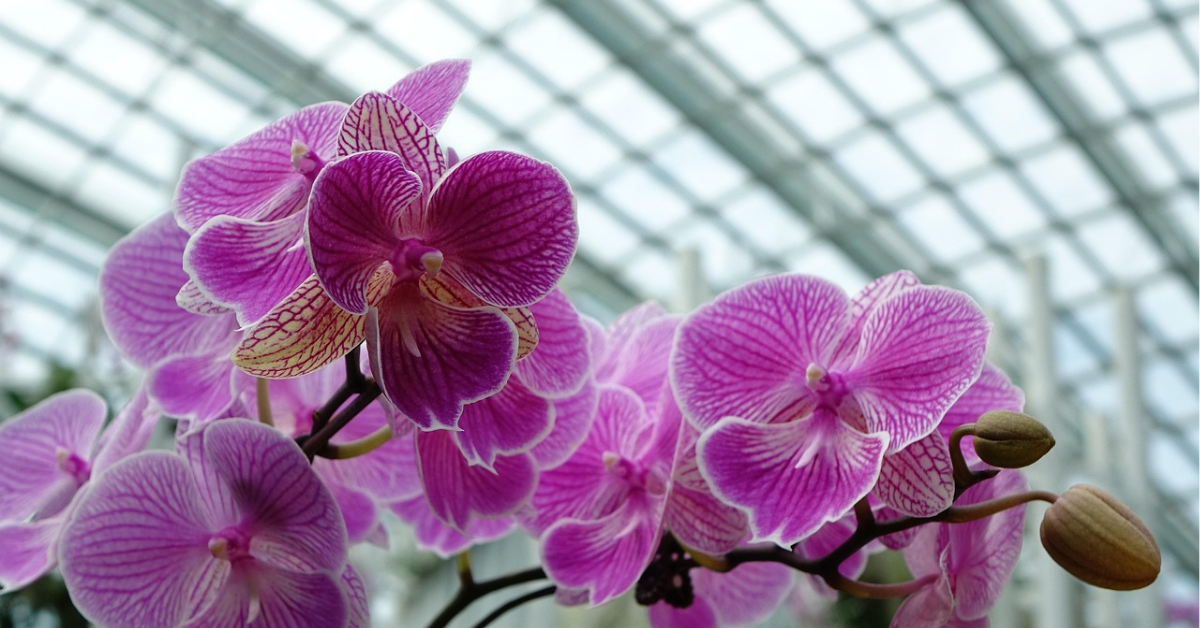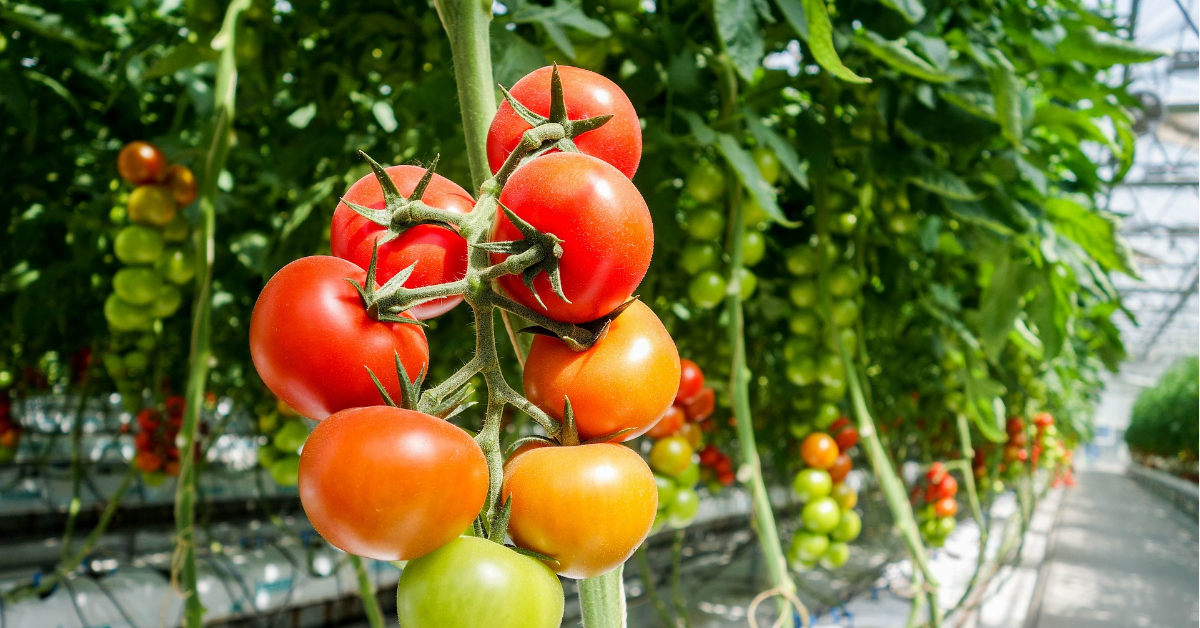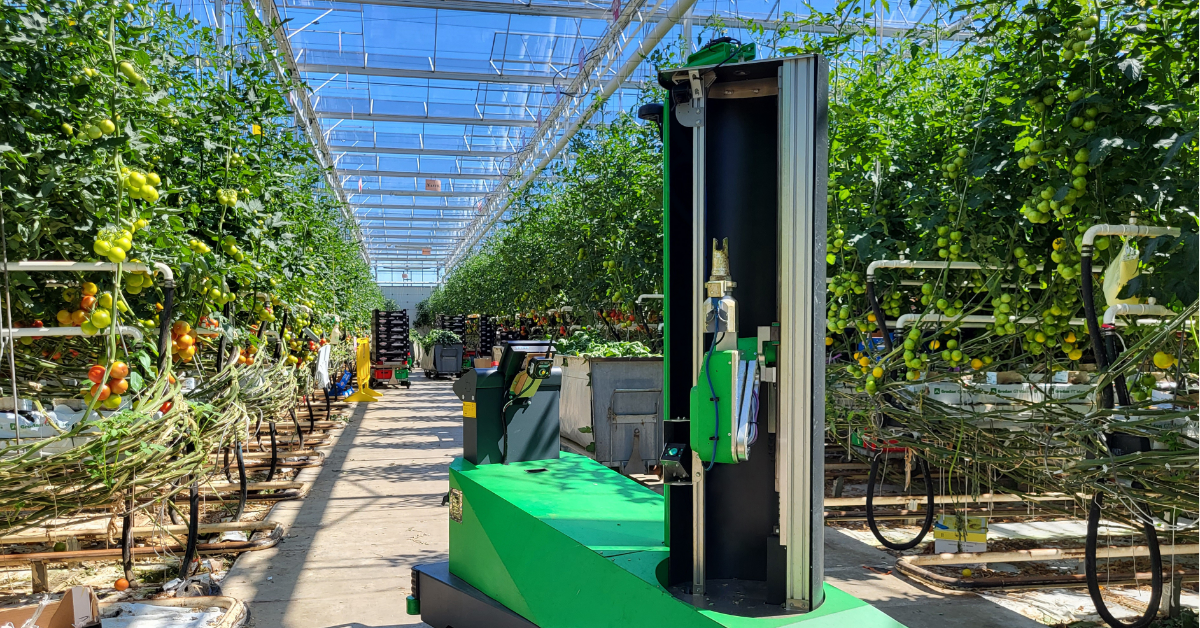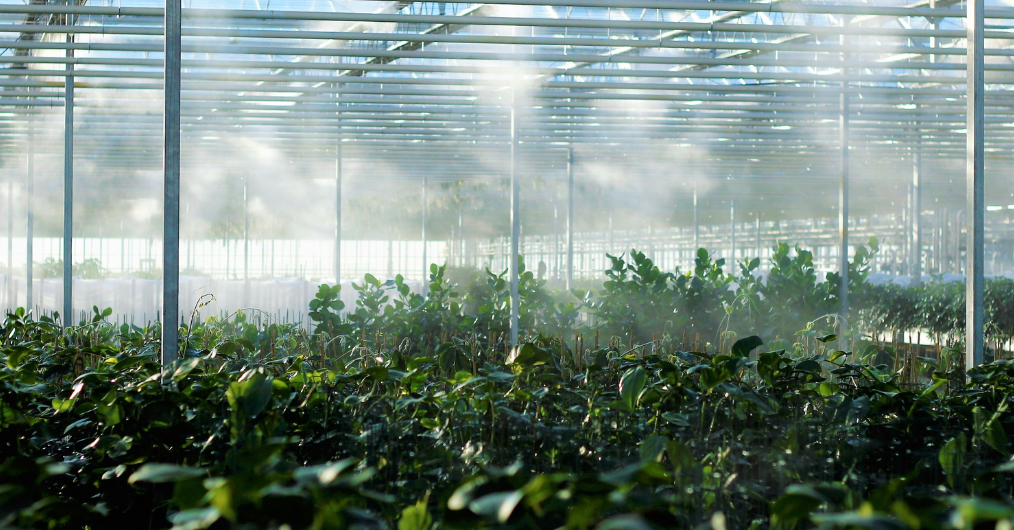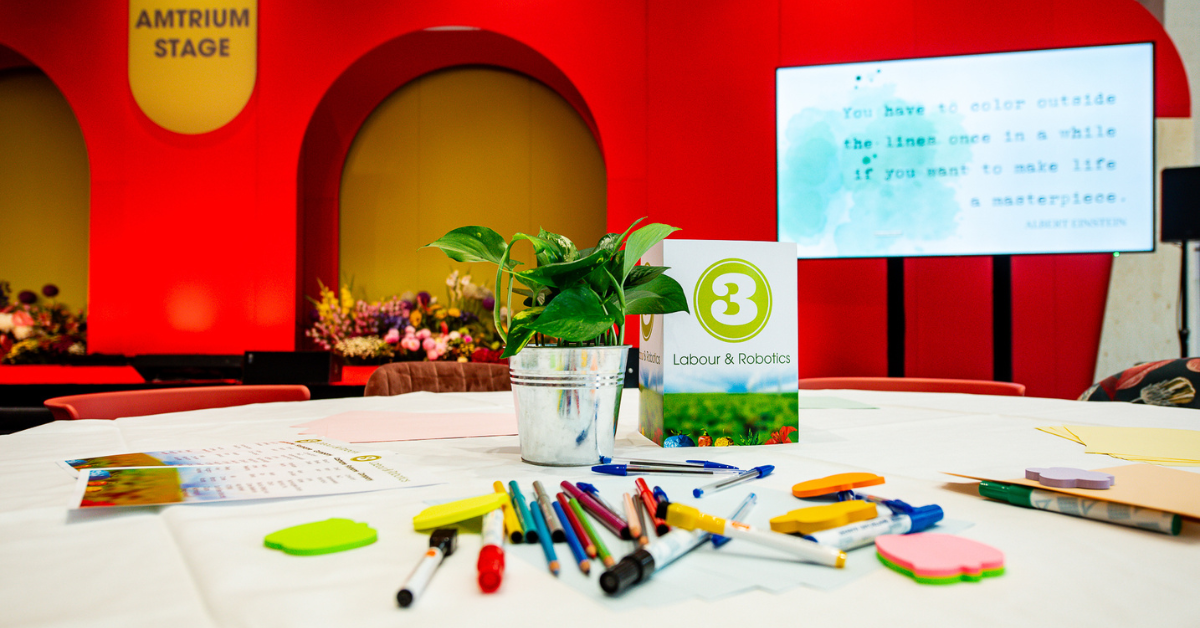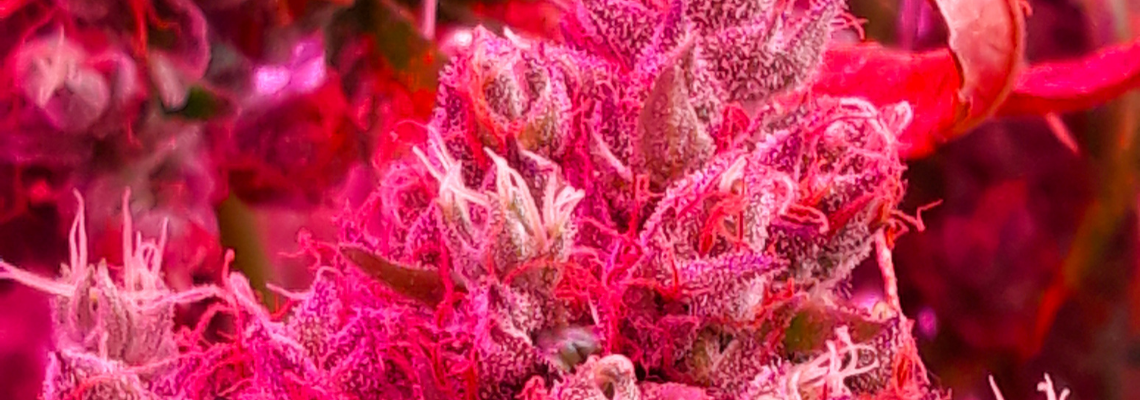A lot is going on in the global cannabis industry right now. While companies in North America have to take steps back, many European countries are on the eve of their cannabis debut. Among other things, the eyes are focused on the Dutch experiment with cannabis for recreational use. Meanwhile, scientific research into the optimal cultivation of medicinal cannabis continues steadily.
Delphy, Viscon Group, VEK Adviesgroep and Thar Process have recently joined the Legal Cannabis Coalition (LCC) as new members. Founder Thomas Rau is pleased with the expansion of the Dutch knowledge center for the development of legal cannabis. This collective was the result of a collaboration between various suppliers in horticulture. They decided to bundle their knowledge and experience in a cultivation trial for medicinal cannabis, conducted by Wageningen University & Research. “The LCC focuses on exchanging data about the cultivation of cannabis, on organizing research and education so that we can continue to improve as a sector and on consulting companies, organizations and governments on this topic,” Rau explains.
Cannabis is not a normal product
When Rau looks at the development of the cannabis industry worldwide, he finds that the approach in North America is very different from that in Europe. “In Canada, the industry grew so fast, it led to overproduction. Companies had expected to export part of their production, but each country has its own rules and wants to grow, test and regulate in its own way. As a result, you see that many companies in Canada have to take a step back or even close their doors because they simply cannot sell their product.” In Europe, more and more countries are now starting up their cannabis activities and, according to Rau, this is happening more slowly, but also more thoroughly. Although in Europe too, every country has to deal with different regulations. It doesn’t make things easier, according to Rau. “You have to compare cannabis with uranium rather than, for example, with a tomato when it comes to legislation and regulations. It is not a normal product, so you should not approach it as a regular horticultural product. You cannot always export your product, so you have to think carefully in advance about what you want to do with your product, what is needed for this and how you can best approach your business. At LCC we can help companies with that using the knowledge of our members.” Rau does not agree with people who claim that the Netherlands have already been surpassed by a country like Canada. “In every Canadian cannabis greenhouse you walk into, you will find Dutch techniques and equipment. As a grower, you have to know how these techniques work. The knowledge and experience of Dutch companies is therefore indispensable.”
The LCC will be involved as a consultant in the Dutch experiment with controlled cultivation of cannabis for recreational use, Rau says. “Eyes from all over Europe will be on the Netherlands. That is why we have wholeheartedly helped the government in all kinds of ways to get this experiment off the ground and we will also support the parties that do participate where necessary. The experiment is an important first step in Europe, so it is also important that this test runs well. I think it is in everyone's interest to work together as much as possible.”

Almost fully grown cannabis flower (Source: Wageningen U&R)
Facing problems in production
In the meantime, research into the cultivation of medicinal cannabis is steadily continuing at Wageningen University & Research. This research focuses, among other things, on crop optimization, the input of light and the control of botrytis. Problems many producers in North America are currently facing. Filip van Noort is the person who is leading this research. “At Wageningen University & Research we do contract research, including the cultivation of medicinal cannabis. This research project started at the initiative of Oreon and Grodan, two current members of the LCC because there was relatively little scientific knowledge available on the cultivation of cannabis. You could find some information online, but its reliability left much to be desired. We, therefore, started scientific research and developed cultivation protocols for the production of medicinal cannabis.”
At Wageningen University & Research, Van Noort only focuses on those products we don't have much knowledge about yet. It’s a great challenge, he believes. “You start looking for the little bit of knowledge that is available and you also use knowledge from other crops. The cannabis plant is a short-day plant just like kalanchoe and chrysanthemum. That is why we used the fertilization schedules from the chrysanthemum as a starting point, for example." His own opinion is not important, says Van Noort. “Above all, I want to be open-minded, and I am open to testing a lot of things. I think the knowledge about the cultivation of medicinal cannabis can grow substantially as soon as there is more cooperation between people who have been involved in horticulture for a long time and people who have already been active in cannabis. If both parties put aside their stubbornness, we can really take big steps.”
Opportunities for tissue culture
Seven comparative tests have now been set up at Wageningen University & Research, says Van Noort. “A lot of knowledge has already been developed. We already know more about what a cannabis plant can handle in terms of light, temperature and CO2. In addition, the starting material is also very important. Nowadays a lot of cannabis is still grown from seed. In our research, I have mainly worked with mother plants. But there are also opportunities for tissue culture. There is still a lot to be gained there and it’s important because stability in genetics is essential.” Van Noort, therefore, believes that cannabis research is only just at the beginning. “We have just started and there are still many themes that need to be crystallized. Think of crop protection and the choice between greenhouse and indoor, but there are also challenges concerning the entire post-harvest issue and increasing the ingredients of cannabis. Because more and more parties are involved in the research, we are able to get more done. That is a good thing.”
Scale up in Switzerland and Austria
Normally, Sonny Moerenhout of Cultivators travels around the world to support and advice cannabis companies and organizations. Due to the corona limitations, this has not been possible in recent months. “You can see that developments around the world are slowing down a bit because of this situation, but at the same time, it is also good to see that projects in Germany and Portugal are nevertheless getting off the ground. And in Switzerland and Austria, companies that focus on CBD, are also planning to scale up. These are small companies of a few square meters who realize that they have to grow in size quickly in order not to be overrun by other parties in the future. It is positive that this development is continuing in these difficult times.”

Sonny Moerenhout and Filip van Noort (Source: KAS Magazine)
Moerenhout is also looking forward to the Dutch cannabis experiment, which has still not started due to procedural problems. “The government has not handled this very conveniently,” says Moerenhout. “As a result, we are still awaiting the official allocation of participants. But this project must succeed to shake off the negative stigma of cannabis. That is why it is frustrating that everything has come to a standstill and we cannot get to work on this."
Safety, quality and consistency
Like Thomas Rau, Moerenhout also sees clear differences between the way in which Canada and the United States regulate things around cannabis and the approach in Europe. “In Europe, legislation and regulations come first, followed by business, in North America, it is exactly the other way around. I think that the European road will provide more quality and stability.” He points out the statistics, which show that ninety percent of the startups seem to fail in their first year. The main reasons according to Moerenhout: not understanding the market, poor business plans, lack of financing, expanding too fast and inadequate employee training. Collaboration is the key to success, says Moerenhout. “Problems like these could have been prevented or nipped in the bud by modern consultancy methods. Cultivators works on the principle of project based and committed consultancy. Our focus is not on building greenhouses, not doing projects, but growing the business by supporting the initial business idea, production and sales of the cannabis product. A solid cultivation system is driven by safety, quality and consistency of the final product. Therefore, we closely cooperate with the best suppliers in the industry committed to success. We have to work together to really move forward.”
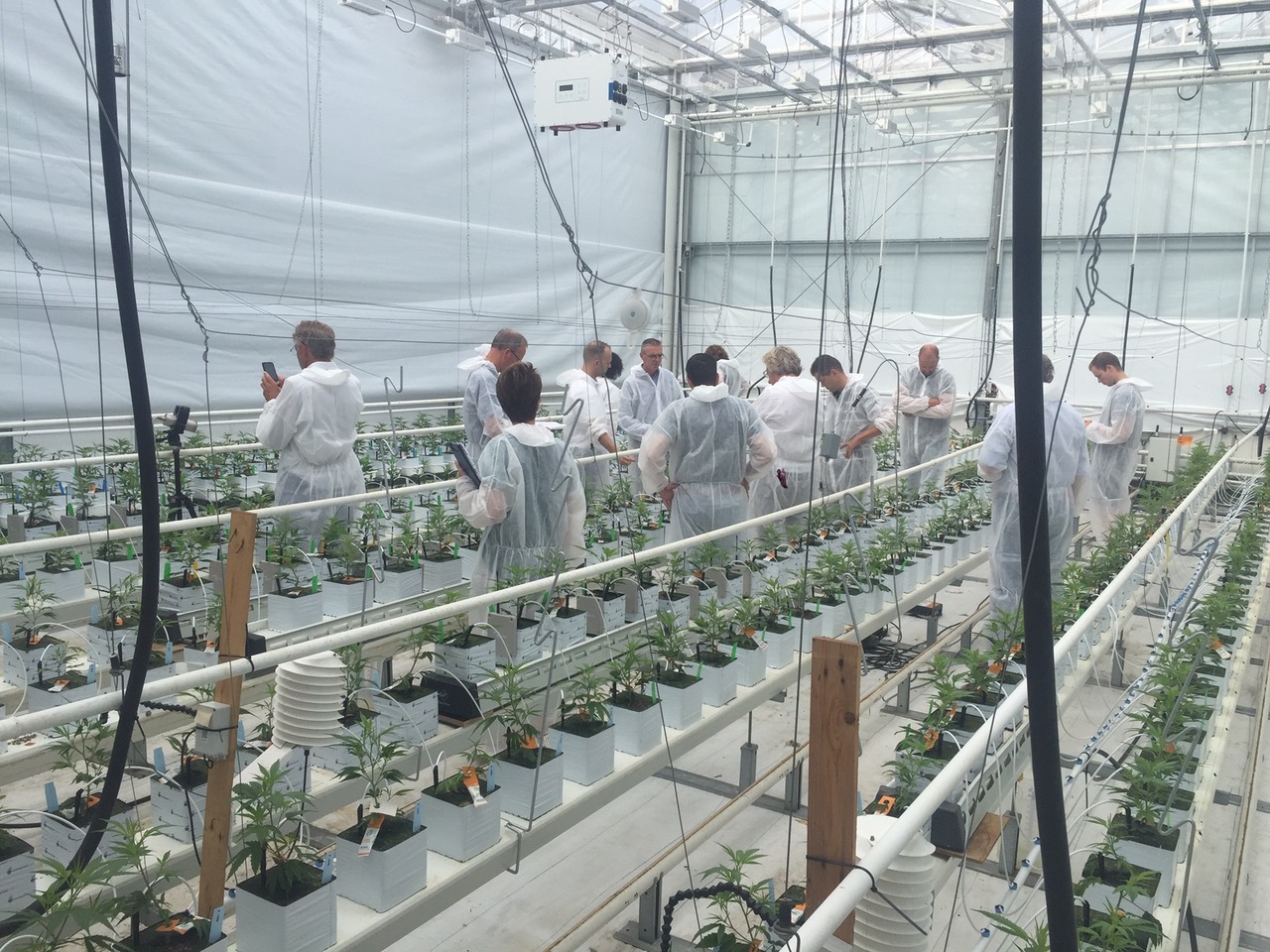
Members of LCC meet at a cannabis trials (Source: LCC)
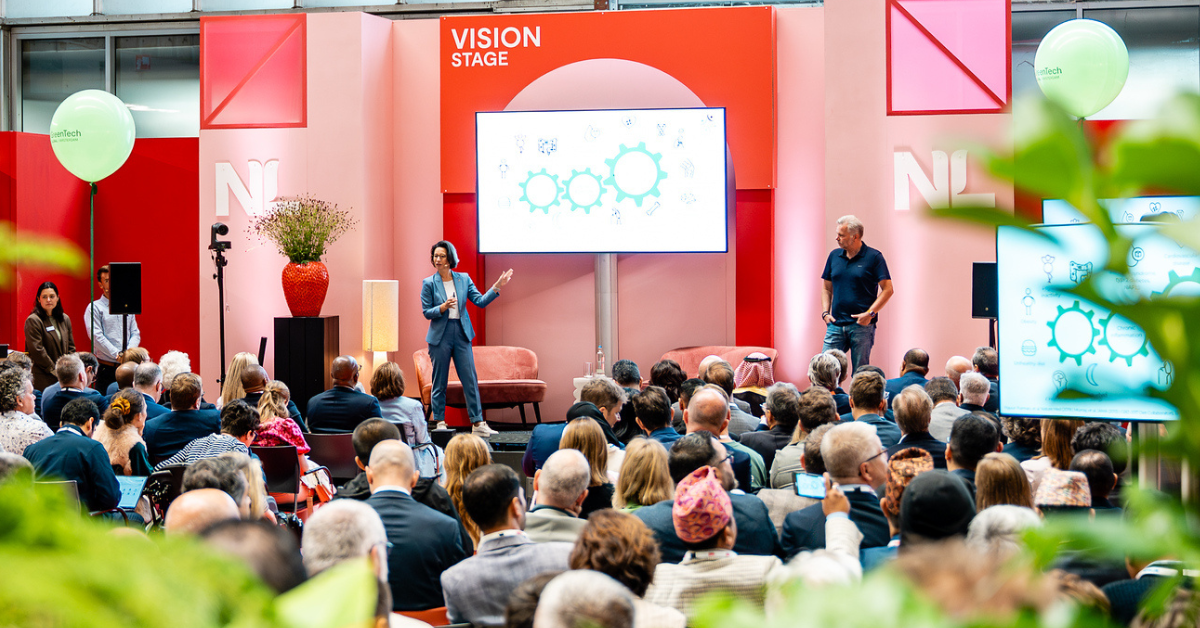
.png?h=628&iar=0&w=1200)
